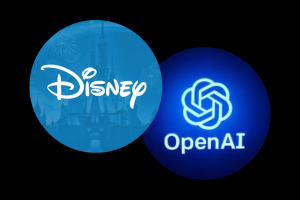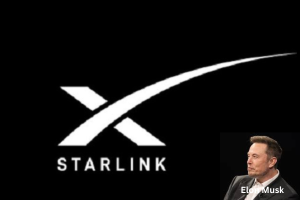On the verge of what would have been Google’s biggest-ever purchase, Wiz, a flourishing cybersecurity company, has withdrawn from a $23 billion deal that would have seen it bought over by Google, informing staff members that it would instead continue on its initial plan of going public with the company..
According to CNBC, Assaf Rappaport, co-founder of Wiz, stated in a message to staff members, “Saying no to such humbling offers is tough.”
According to a source that’s quite familiar with Wiz’s reasoning, who spoke freely in anonymity said the firm considered investor and antitrust concerns which influenced their decision against the possible acquisition.
The firm would concentrate on achieving its next goals, according to Rappaport: an IPO and $1 billion in recurring income annually. Long before it was announced that Wiz was in negotiations with Google, Wiz had already set its gaze on both objectives.
Google’s offer would have nearly doubled the $12 billion value of the tech company.
Established in 2020, Wiz has had significant growth under Rappaport, who had been aiming for an IPO very recently in May.
After 18 months, the company’s yearly recurring revenue reached $100 million, and by the next year, it had reached $350 million.
Wiz’s cloud security solutions, which include prevention, active detection and response would have enabled Google take on Microsoft, who also offers security software.
Alphabet’s cloud division is now up against more competition from market leaders Microsoft and Amazon. The cloud segment began turning in profit in 2023 following years of significant investment.
Although Google Cloud has grown steadily in recent years, CEO Thomas Kurian’s team is under pressure to keep expanding in order to obtain deals during the artificial intelligence boom.
This year has seen a dearth of technology exits as a result of businesses holding off on going public until more markets were ready and a difficult regulatory landscape that hinders acquisitions.
Index Ventures, Insight Partners, Lightspeed Venture Partners, Sequoia, and other venture investors who have raised multibillion-dollar funds in recent years would be disappointed by the deal’s failure.
According to Brendan Burke, a senior analyst at PitchBook, funds with assets valued in the billions must make exits totaling more than $10 billion in order to produce substantial returns for their limited partners. However, such occurrences are not common.
Previously, the founders of Wiz founded the security startup Adallom, obtained capital from Sequoia and Index, and sold the company to Microsoft in 2015 for $320 million. According to former Sequoia CEO Doug Leone, it was “a no-brainer” to invest in Wiz at its starting phase.
Wiz’s commencement coincided with the Covid epidemic. Businesses quickly adopted cloud-based infrastructure and software to enable remote work for their staff. Wiz, which can identify security flaws in data and apps on public clouds operated by Microsoft, Amazon, Google, and Oracle, profited from the change.
A $100 million fundraising round was disclosed by Wiz less than a year after it was founded.
“I think what was unique with Wiz in the early days was the amount of money raised from the get-go,” Foundation Capital investor Sid Trivedi stated in an interview with CNBC.
In 2022, Google paid $5.4 billion to purchase Mandiant, a cybersecurity business. But it’s the $12.5 billion purchase of hardware manufacturer Motorola by the search engine giant in 2012 that continues to be the company’s biggest acquisition.
During a New York Stock Exchange interview with Sara Eisen and Carl Quintanilla of CNBC last year, Eisen sought Rappaport’s position on the matter of taking Wiz public.
“Yeah, definitely,” Rappaport stated clearly. And also chuckled. “That’s why we’re here.”







